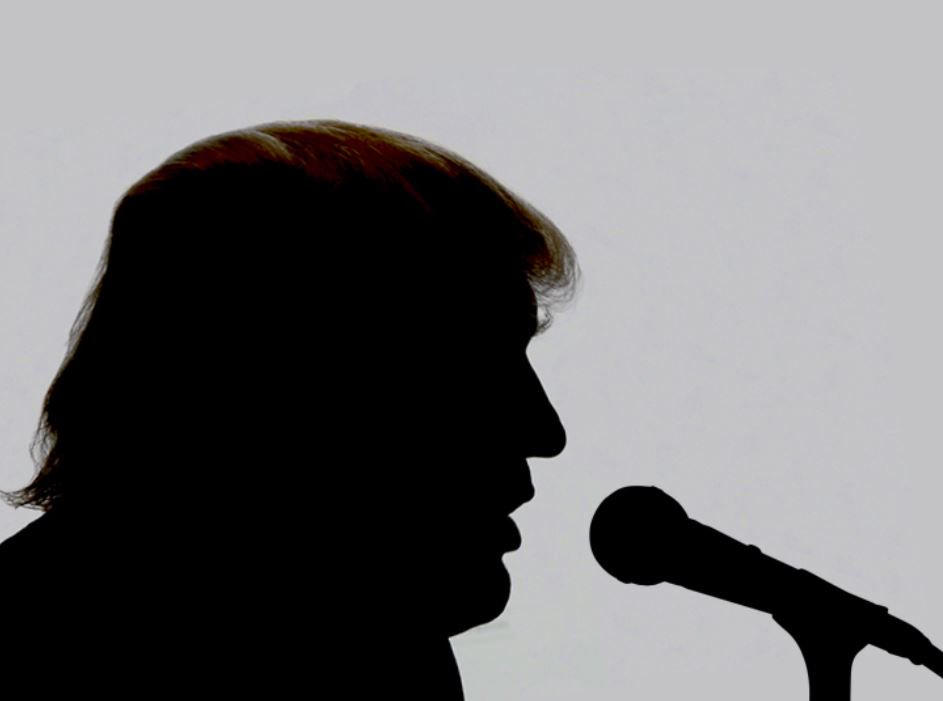
By Anoushka Raval, Department of Political Science and International Studies
School of Government, University of Birmingham
With terms like impeachment, collusion, and hush money on everyone’s lips it’s hard not to look to the past for guidance on where current developments in ‘Trumpland’ are heading.
While there is not a simple equation to predict what will happen to Trump in the months to come, US history can help untangle some of the complexity around impeachment.
As previous cases can show, the actions of the President do matter, but the context in which these actions take place carry significant weight as well. Approval ratings, the role of the public, as well as Presidential attempts to hide illicit actions all contribute to the final sentence.
Historical cases
To date, only three US Presidents have been subject to impeachment proceedings; Andrew Johnson, Richard Nixon and Bill Clinton, with Nixon resigning before he could be impeached.
Looking back at these cases, in particular the more recent affairs of Nixon and Clinton, which help shed light on Trump’s impeachment case. Having paid hush money to conceal his affairs from public knowledge, to financial crimes and illicit campaign funding, the current White House holds similarities to the events leading to previous impeachments. Yet, despite being implicated in the organisation of many of these crimes, Trump frequently lies or denies any knowledge of them. He chooses to reverse or amend his statements (often over Twitter) once the truth has been publicised.
Not dissimilarly, the planning and funding of Nixon’s re-election campaigns that led to the Watergate break-in were approved by the executive office. In the case of Clinton’s affair with Monica Lewinsky, the President himself was part of the cover up. What is crucial about these situations, is not the actions but the cover up. Clinton was not impeached on the grounds of having an affair, but was charged with obstruction of justice and perjury.
On a similar path, Trump attempts to purge members of his administration and defend himself against their testimonies. From initially trying to prevent previous Director of the FBI, James Comey from testifying to learning that White House Counsel, Don McGahn gave Robert Mueller 30 hours of interview time, Trump is attempting to hinder legal proceedings whilst protesting daily that he is innocent with “nothing to hide”.
Approval ratings
Legal jargon and procedure dominates much of the proceedings related to the Mueller investigation as well as the mounting evidence against Trump; what the public thinks is still of significance.
For Clinton, public approval ratings rose during the Lewinsky scandal, remaining favourable towards him once he was acquitted and left office. Whereas in stark contrast, approval ratings for Nixon declined steeply by the end of the Watergate scandal. In Trump’s favour, his approval ratings have remained steady throughout his presidency so far.
While some cite the differences in political polarisation and economic growth as factors that impact how the public reacts to impeachment especially when comparing the differences between Nixon and Clinton, such factors make predicting what Trump’s outcome will be even harder. What is certain is that with the midterm elections coming up, the role of the public remains important in determining whether impeachment will be on the cards, and how quickly Trump is brought to the stand.
Grounds for impeachment?
While the idea of impeachment is thrown around, it is not a quick or easy task. Much of the case built against Trump will depend on further evidence.
With McGahn’s co-operation in the Mueller Investigation, recent progress is heartening, however there is still much to be done.
As Elizabeth Holtzman, a congresswoman during Watergate, suggests, evidence needs to be gathered further, and that an impeachment investigation will need to be started.
As much as we can look at historical examples for some guidance, what the outcome will be for the current administration is not entirely determined by the past. Overly simplistic parallels and comparisons will not build a case against Trump, but a thorough continuation of investigation, and the upcoming midterms will help clarify the POTUS’s fate is likely to be.
